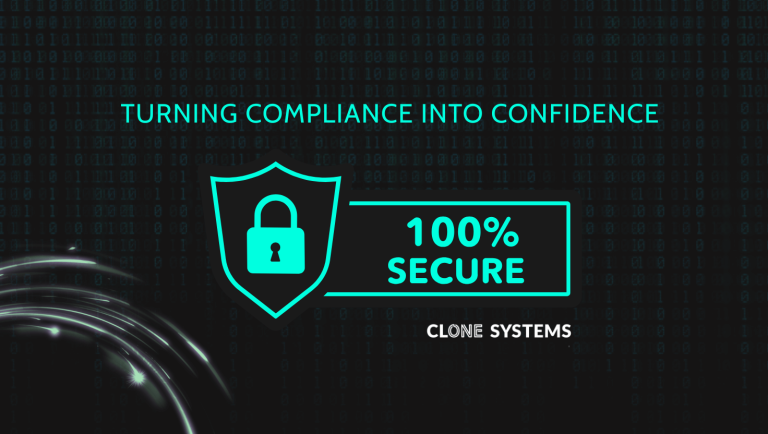What Every Business Can Learn About Adopting AI the Right Way

Artificial intelligence has quickly moved from experimentation to expectation. Across industries, organizations are under pressure to deploy AI to improve efficiency, strengthen decision-making, and reduce risk. Yet for many, implementation remains challenging. Projects stall, pilots fail, and early enthusiasm fades because the approach is tactical rather than strategic.
AI is not a single technology to plug in. It is a capability that reshapes how people, data, and systems work together. Whether you lead a startup or an enterprise, understanding a few core principles can make the difference between a temporary pilot and a lasting transformation.
1. Start With a Problem Worth Solving
The most common mistake organizations make is starting with the technology instead of the outcome. A successful AI initiative begins with a clear business challenge. Ask simple questions. Where are teams spending too much time on repetitive work? Where are decisions delayed because data is scattered? Which processes are most prone to human error?
When you anchor AI to a specific need, it becomes easier to measure success and gain executive buy-in. The goal is not to “use AI.” The goal is to use AI to improve something that matters – whether that’s faster customer support, more accurate forecasting, or quicker security remediation.
2. Build on Strong Data Foundations
AI performance depends on the quality of the data it learns from. If your organization’s data is incomplete, inconsistent, or isolated in legacy systems, even the most advanced AI tools will struggle to deliver meaningful insights. Before you deploy models or buy platforms, invest in data cleanup and governance. Define data ownership, standardize formats, and create secure pathways for sharing information across teams.
Strong data management is not just an IT task. It is a business priority that enables every AI use case to scale. Without it, AI projects will be unreliable and difficult to maintain.
3. Balance Automation With Human Oversight
AI is best viewed as a decision-support system, not an autonomous agent. It can generate insights, accelerate analysis, and suggest actions, but it cannot take responsibility for the outcomes. Every organization should define where human validation is required. For example, in regulated sectors such as healthcare, finance, or cybersecurity, a person should always review and approve high-impact recommendations.
This balance ensures accountability and helps teams learn from the model’s behavior. Over time, human oversight also improves the system itself by providing feedback that strengthens accuracy and trust.
4. Build Governance Early, Not After the Fact
Governance often becomes an afterthought in AI programs, yet it is the single most important factor for long-term success. Clear policies around data privacy, model transparency, and ethical use protect both your organization and your customers. AI governance should define who can use AI tools, what data can be used for training, how outputs are verified, and how results are logged or audited. Without these controls, organizations risk reputational damage, compliance violations, and security breaches.
Think of governance as the framework that allows innovation to thrive safely rather than as a limitation on progress.
5. Think Beyond Pilots
A small proof-of-concept can be a useful starting point, but AI initiatives often fail because they never move beyond the pilot stage. To make AI scalable, it must be treated as an ongoing capability rather than a one-time experiment. This means planning for integration, maintenance, and evolution from day one. Models will require retraining, data will change, and workflows will evolve. Embedding AI into existing systems, supported by clear ownership and performance metrics, ensures it continues to deliver value long after the launch.
6. Invest in People and Culture
AI adoption is as much about change management as it is about technology. Employees need to understand what AI can and cannot do, and how it affects their roles. Organizations that invest in upskilling and internal communication see much higher adoption rates and less resistance. Encourage teams to experiment responsibly, share feedback, and identify where AI could improve their work.
When people see AI as a tool that supports them rather than replaces them, adoption becomes organic and sustainable.
7. Measure Business Outcomes, Not Activity
The success of an AI initiative should be measured in business terms. Instead of tracking how many models are deployed, focus on metrics that reflect real impact: faster decision cycles, reduced error rates, lower operational costs, or improved customer satisfaction.
By aligning AI performance with organizational objectives, you create a clear narrative about value creation. This not only strengthens internal confidence but also helps secure ongoing investment.
8. Keep Security and Compliance at the Core
As organizations increase their use of AI, they must also strengthen how they manage data security and regulatory compliance. AI models often interact with sensitive information that must remain protected.
Implementing AI responsibly means verifying data flows, limiting access, and ensuring compliance with frameworks such as PCI DSS, GDPR, and SOC 2. For security leaders, this is not just good practice but an operational necessity.
9. Use AI to Enhance, Not Replace, Human Expertise
AI should enhance human capability, not remove it. The real value comes from using AI to surface insights faster so that experts can make better decisions.
In cybersecurity, for example, AI can help analysts interpret complex scan data, identify risk trends, and recommend next steps for remediation. At Clone Systems, we are integrating AI into our own scanning and vulnerability management tools to provide an AI-driven remediation assistant that helps clients understand and act on security findings more efficiently.
It does not replace expertise. It makes that expertise faster, sharper, and more accessible.
Final Thoughts
AI is not a product to install. It is a transformation in how your organization learns, decides, and executes. To implement it effectively, start with genuine problems, build on clean data, keep humans in control, establish governance early, invest in people, and measure impact in business terms.
At Clone Systems, we see AI as an opportunity to deliver greater security intelligence, faster remediation, and more value for our clients. The same principle applies to every organization. When approached with clarity and purpose, AI becomes more than a trend. It becomes an engine for progress.





